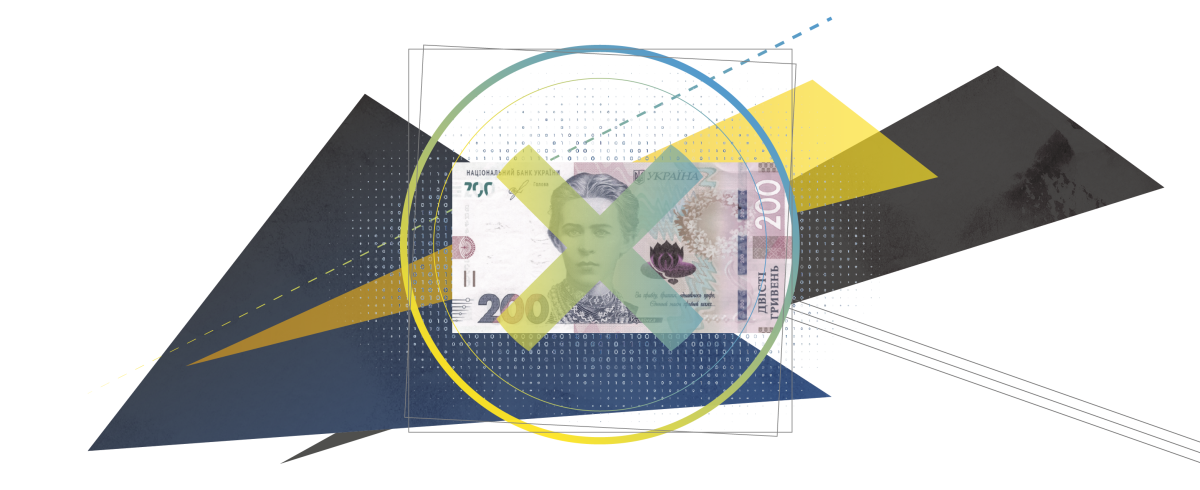The National Bank of Ukraine prohibits the purchase of digital currencies using the national currency

The National Bank of Ukraine limits “quasi cash” operations for individuals. During the state of war, citizens are prohibited from conducting them from hryvnia accounts. Such a decision should stop the unproductive capital outflow.
On this page
Now, if Ukrainians want to replenish e-Wallet, brokerage and forex accounts, pay traveler’s checks, buy cryptocurrency, they will have to use foreign currency. At the same time, a new limit on transactions is set. Within a month, an individual can purchase assets accompanied by direct conversion into cash and make cross-border P2P transfers in a foreign currency equivalent to UAH 100,000.
The regulator maintains more loyal conditions for internally displaced persons, including the ability to make cross-border P2P transfers in the amount of UAH 100,000 per month. Thus, “quasi cash” operations will be blocked.
According to the administration of the National Bank, the forced measures will help to improve the economic situation in the currency market and reduce pressure on the country’s international reserves. The latter intensified throughout March as a result of the active acquisition of foreign currency by banking institutions for settlements with international payment systems and continues to remain at a fairly high level.
These measures do not apply to payment cards used in Ukraine and abroad to pay for goods, services and works. The listed operations can be implemented without any restrictions.
The content on The Coinomist is for informational purposes only and should not be interpreted as financial advice. While we strive to provide accurate and up-to-date information, we do not guarantee the accuracy, completeness, or reliability of any content. Neither we accept liability for any errors or omissions in the information provided or for any financial losses incurred as a result of relying on this information. Actions based on this content are at your own risk. Always do your own research and consult a professional. See our Terms, Privacy Policy, and Disclaimers for more details.

























